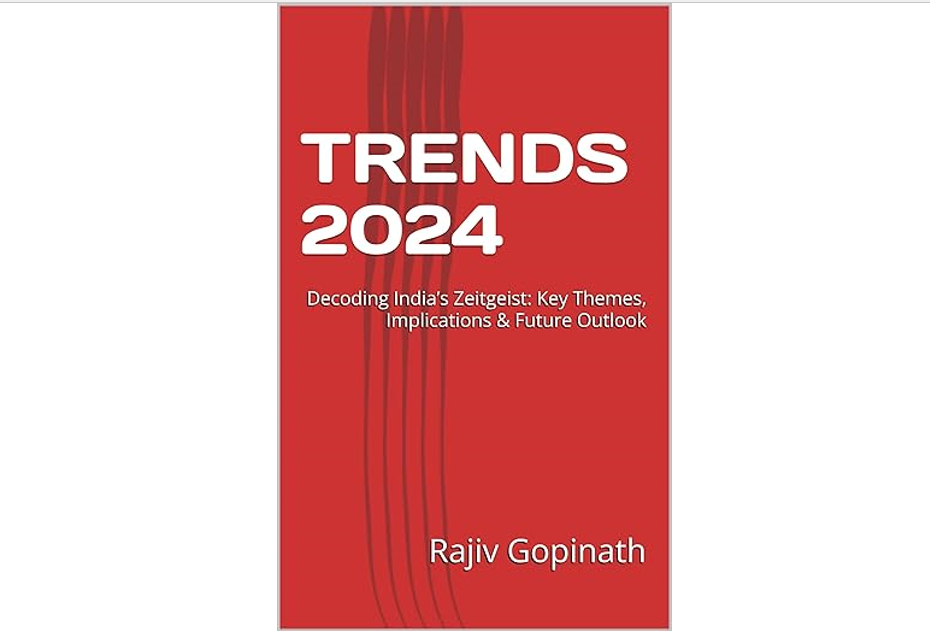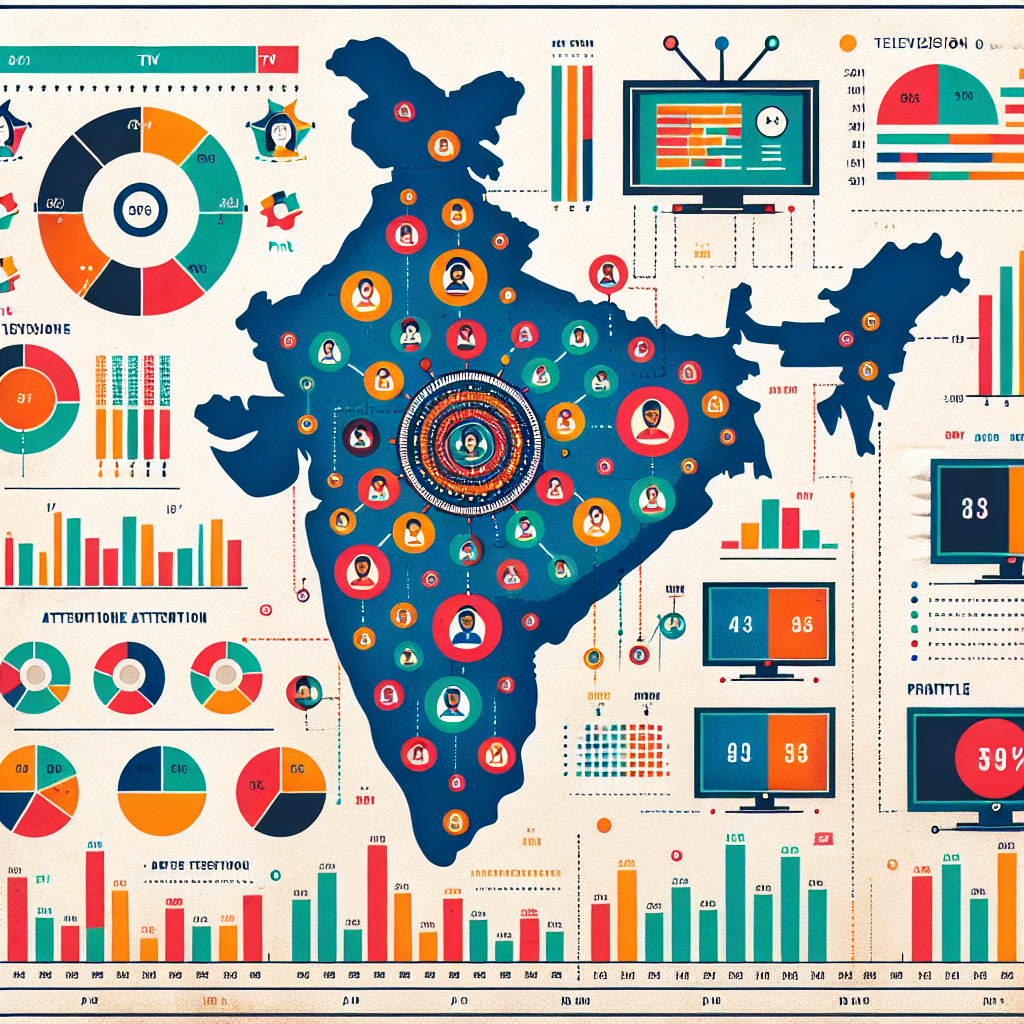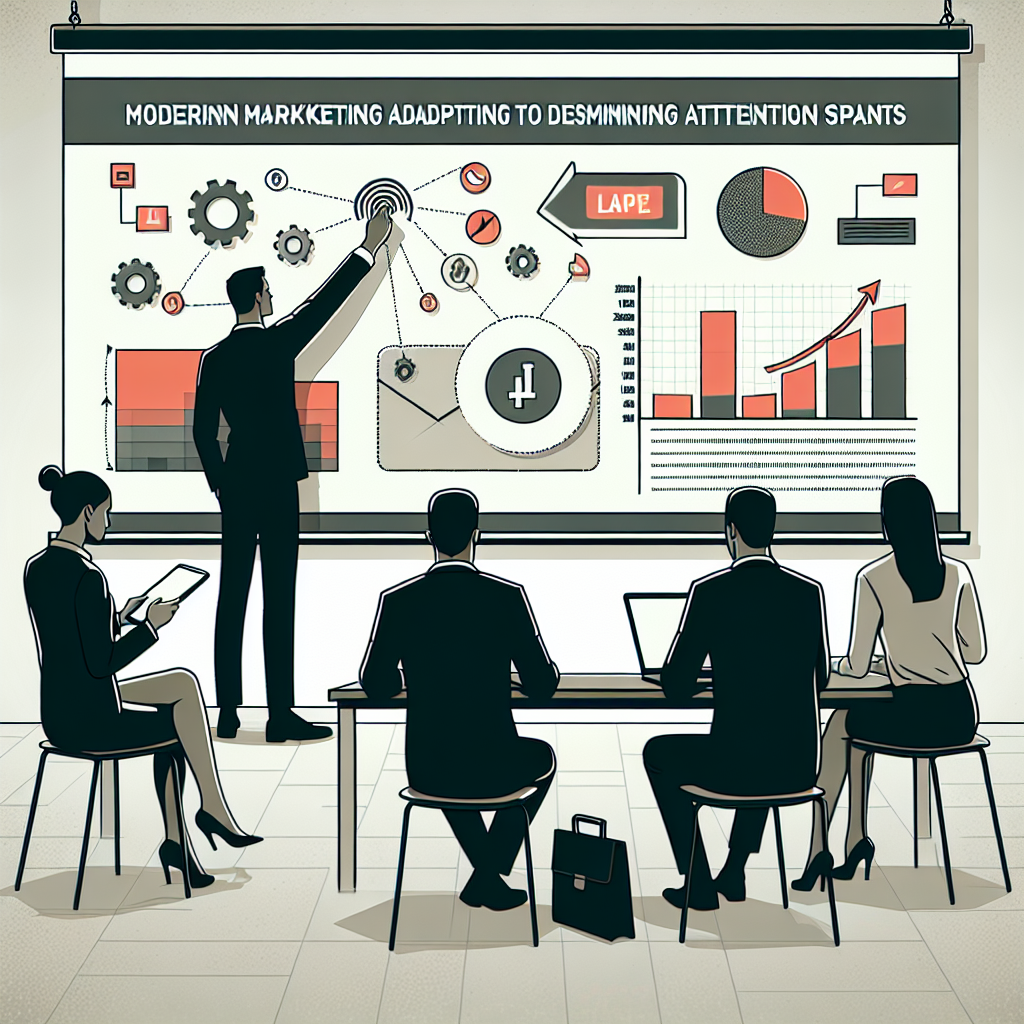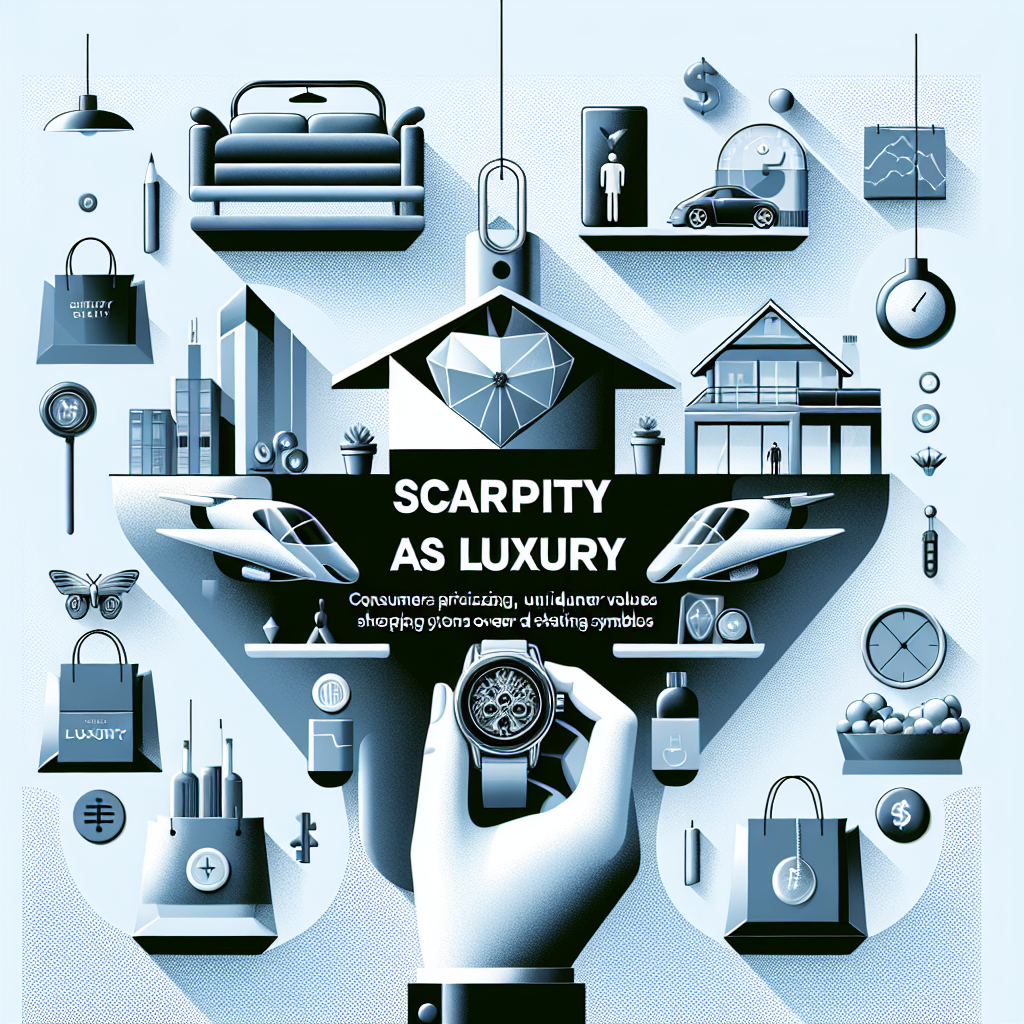Authentic Event Marketing
Thomas found himself at a product launch event for a sustainable fashion brand, invited by a colleague in the industry. The venue was visually impressive, decorated with recycled materials, but something felt off. Influencers posed with products they clearly didn’t know well, reading scripted talking points from their phones. Staff responded to questions with rehearsed lines, and when Thomas inquired about manufacturing practices, a representative handed him a generic sustainability brochure instead of offering a direct answer.
Later that week, he attended a smaller launch by a competing brand—this one held in their actual manufacturing facility. Guests met the artisans, watched the production process, and engaged in unscripted conversations. The difference was striking. Though the second event generated half the social media impressions, it achieved three times the conversion rate, particularly among Gen Z attendees.
The experience reshaped Thomas’s perspective on event marketing. He realized that for today’s audiences—especially younger ones—authenticity isn’t just a buzzword. It’s the key to meaningful engagement and lasting impact.
Introduction: The Authenticity Revolution in Event Marketing
Event marketing has evolved from promotional showcases to immersive brand experiences requiring genuine connection. This evolution spans several distinct phases: from product-focused demonstrations to experience-driven activations, from controlled messaging to interactive participation, and now to the authenticity imperative that shapes Gen Z expectations.
The integration of authentic event experiences—gatherings that genuinely reflect organizational values and culture—represents what the Event Marketing Institute has called "the essential differentiator in the attention economy." For brands targeting Gen Z, this approach transforms the fundamental relationship between event and attendee, creating meaningful participation rather than passive consumption.
Research from the Experiential Marketing Association indicates that brands demonstrating authentic event experiences show 51% higher conversion rates and 47% stronger brand affinity indicators among Gen Z consumers. Meanwhile, a study published in the Journal of Event Management found that authentic brand experiences create 3.2x stronger emotional connections and significantly higher purchase intent among consumers born after 1997.
As Dr. Rachel Morgan, specialist in experiential psychology and author of "The Experience Economy 2.0," observes: "Events have always been about creating memories. Now, for the first time, brands must approach these gatherings not as marketing opportunities but as truth moments that demand the same authenticity we value in human relationships."
1. Creating Genuine Experiences
Authentic event marketing begins with experiences that reflect true brand character:
a) Experience Authenticity Framework
Modern event design incorporates:
- Brand truth identification processes
- Value-experience alignment mapping
- Authenticity touchpoint optimization
- Promise-delivery consistency measures
Example: Outdoor retailer REI's "Path Ahead" event series takes place entirely on hiking trails where staff and customers walk together, discussing products in the environments where they're used. This approach resulted in a documented 67% higher purchase consideration among Gen Z attendees compared to their traditional in-store marketing events.
b) Transparent Production Practices
Effective authenticity extends to event creation:
- Sustainable event production documentation
- Local sourcing strategies
- Environmental impact transparency
- Ethical production visibility
Example: Cosmetics brand Lush implemented "Open Source Events"—gatherings where the planning process itself is made transparent to attendees who can see the carbon footprint, production costs, and ethical considerations of elements like catering and materials. This approach resulted in 43% higher social sharing rates among Gen Z attendees compared to previous event formats.
2. Engaging Attendees Meaningfully
Authentic events transform passive audiences into active participants:
a) Value-Driven Participation Design
Modern engagement approaches include:
- Co-creation opportunities
- Skills-based interaction design
- Purpose-aligned participation
- Value expression activities
Example: Adobe's "Create Together" events feature real-time collaborative projects where participants work alongside product designers to solve design challenges for nonprofit organizations. This approach generated 39% higher post-event product engagement among Gen Z participants compared to demonstration-focused events.
b) Genuine Dialogue Facilitation
Meaningful engagement requires:
- Authentic question frameworks
- Unscripted conversation opportunities
- Vulnerable leadership presence
- Truth-centered discussion design
Example: Clothing brand Patagonia's "Worn Wear" events feature open forums where company executives answer unfiltered questions about sourcing, labor practices, and sustainability challenges. This practice correlates with their industry-leading 58% trust rating among Gen Z consumers in the apparel sector.
3. Reflecting Brand Values in Events
Authenticity becomes meaningful when values move from statement to experience:
a) Values Translation Framework
Effective values expression includes:
- Abstract-to-concrete value mapping
- Sensory value expression techniques
- Value-aligned experience sequencing
- Value contradiction elimination
Example: Ben & Jerry's "Change Is Coming" activist workshops don't just promote their products but engage attendees in actual social justice activities aligned with the company's core values. This approach has generated 61% stronger brand attachment ratings among Gen Z participants compared to traditional sampling events.
b) Purpose Integration Systems
Advanced authenticity includes purpose manifestation:
- Mission-moment identification
- Purpose demonstration opportunities
- Impact visualization techniques
- Legacy experience design
Example: TOMS implements what they call "Impact Experience Events"—gatherings where attendees participate in the same giving activities their purchases support, working alongside beneficiary communities. This approach contributed to their 47% higher purchase intent among Gen Z attendees compared to product-focused marketing events.
Conclusion: The Authentic Future of Event Marketing
As noted by experiential marketing strategist David Adler: "Authenticity in events isn't manufactured—it's liberated by removing the barriers between what a brand truly is and what it presents." For brands targeting Gen Z, this insight suggests that event authenticity isn't about creating new experiences but revealing genuine organizational character.
The integration of authentic approaches represents more than tactical adjustments—it requires cultural transformation that aligns event experiences with organizational reality. As these practices mature, the distinction between marketing events and authentic brand manifestations continues to blur, creating unprecedented opportunities for meaningful connection with the most authenticity-demanding generation of consumers yet.
Call to Action
For marketing leaders seeking to build authentic event experiences:
- Conduct event authenticity audits comparing stated values with actual experiences
- Develop progressive authenticity roadmaps toward greater realness
- Create cross-functional event teams including non-marketing perspectives
- Establish metrics valuing quality engagement over attendance quantity
- Build feedback systems that incorporate Gen Z perspectives directly
The future of event marketing belongs not to those with the largest budgets or most elaborate productions, but to those who create the most genuine expressions of their brand truth—responding to and respecting the authenticity expectations of Gen Z consumers.
Featured Blogs

TRENDS 2024: Decoding India’s Zeitgeist: Key Themes, Implications & Future Outlook

How to better quantify attention in TV and Print in India

AI in media agencies: Transforming data into actionable insights for strategic growth

How the Attention Recession Is Changing Marketing

The New Luxury Why Consumers Now Value Scarcity Over Status

The Psychology Behind Buy Now Pay later

The Rise of Dark Social and Its Impact on Marketing Measurement

The Role of Dark Patterns in Digital Marketing and Ethical Concerns








